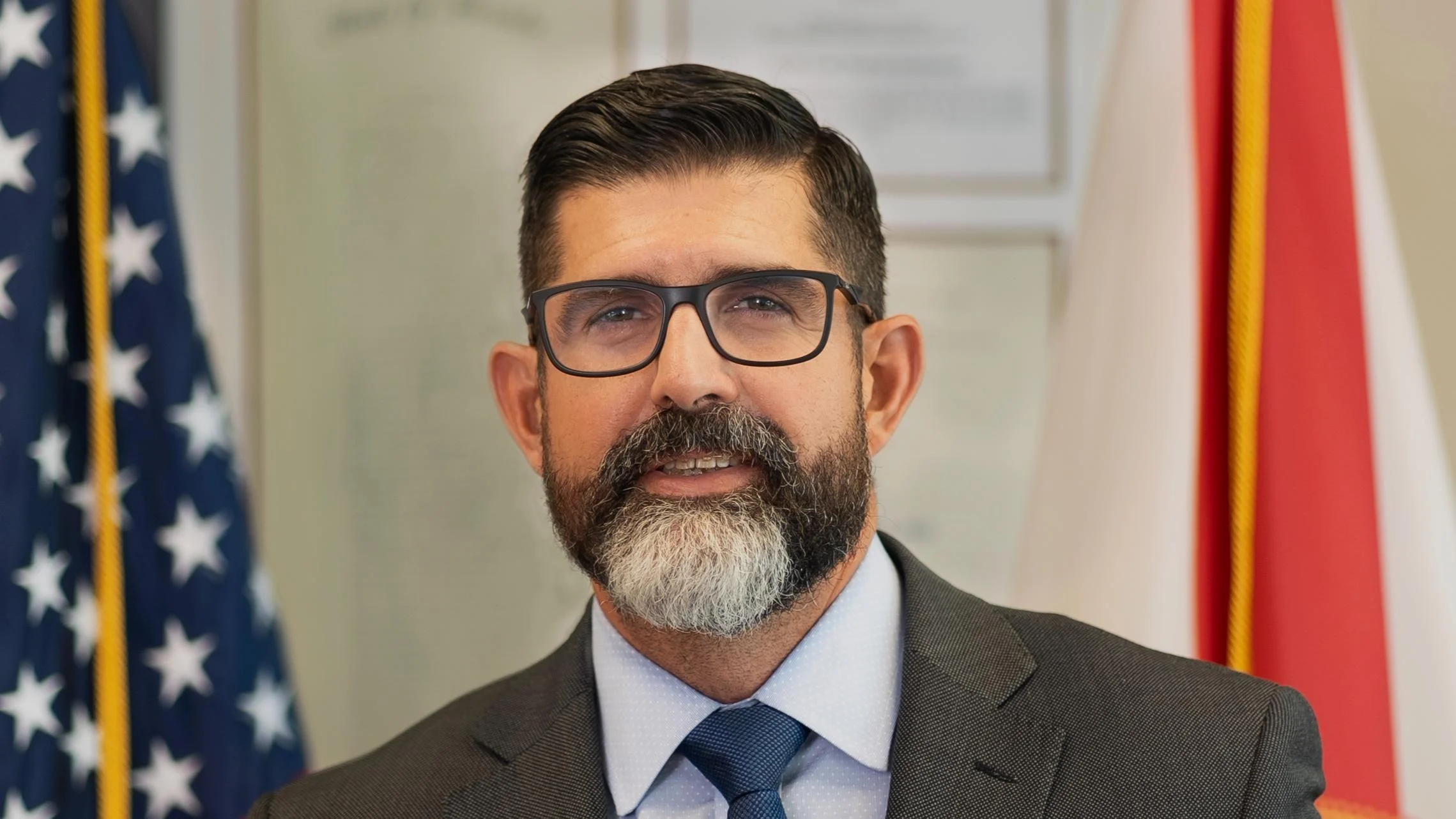
Connie Holthusen Senior Sales Manager | EdSurge Research
A recent report highlights that the primary concern for students today is balancing various aspects of their lives, such as extracurricular activities and academics. These findings were derived from conversations students had with an AI chat system, which schools and healthcare institutions are increasingly utilizing to support youth.
Elsa Friis, a licensed psychologist and head of product and clinical at Alongside, a company offering a proprietary AI chatbot app, explained the goal: “What we’re trying to do is deliver skill-building in an interactive way that helps them navigate daily challenges.” According to Friis, many students struggle to articulate their concerns verbally due to stigma.
The report by Alongside analyzed over 250,000 messages exchanged with middle and high school students across 19 states. It identified top concerns including sleep struggles, loneliness, interpersonal conflicts, lack of motivation, test anxiety, focus issues, seeking support, bad days, and poor grades. Surprisingly less than 1% discussed social media directly.
School officials were reportedly surprised by the students' awareness of their problems. Friis emphasized shifting conversations from adults dictating what kids struggle with to engaging as partners: “It’s ‘I know you know you're struggling. How are you dealing with it?’”
Chatbots are viewed as supplementary tools rather than replacements for human counselors. Friis noted the overwhelming demands on counseling teams often leave lower-risk issues unaddressed: “They’re having to handle crises... We’re helping with the lower-level concerns.”
A peer-reviewed study in JAMA Pediatrics suggests AI anonymity aids student openness. The Alongside report found that 2% of conversations were high risk; about 38% involved suicidal ideation unknown to school officials prior.
However, opinions vary on chatbots replacing therapy roles. Andrew Clark highlighted potential risks with some bots promoting harmful actions. The American Psychological Association has urged safeguards ensuring users connect with trained specialists when necessary.
Nicholas Jacobson from Dartmouth College expressed cautious optimism regarding chatbots in mental health discussions. He advised reviewing bot creators' evidence-based approaches and crisis protocols while recognizing AI's tool status.
Jacobson believes digital natives might prefer confiding in anonymous systems: “For many children... communicating via technology is more natural than face-to-face conversations.” The accessibility can help meet kids where they are during struggles.
The report also noted increased willingness among students to share chatbot discussions with trusted adults—41% did so during the 2024–25 school year compared to previous years. This sharing trend could provide valuable data for schools advocating improvements or funding based on children's needs.
Friis remarked on using these insights for positive change: “Whether it’s researchers or schools... if they quantify it... it’s huge for advocating for grant funding or programming.”





 Alerts Sign-up
Alerts Sign-up